When you think world class whisky – why not China? We certainly didn’t – at least not at first. Back in 2016, a group of us were at a monthly whisky social in Shenzhen, and as we got deeper into our cups the conversation kept on circling back to the question of why.
We all had plenty to say about who made the best whiskies and what made them special. But mainland China didn’t come up once. Not as a producer, nor as a brand. Why?
The wild west (erm, east) of whisky
The thing is, China’s no stranger to whisky. The Middle Kingdom has its own rich history of making whisky starting back in 1914, when a German merchant set up Tsingtao Winery (Tsingtao Melco Wienkellerei) in the coastal city of Qingdao.

Although it’s now best known for its beer, the Tsingtao brand originally created China’s first locally produced bottles of whisky, brandy and sparkling wine. (We have no idea if it was any good, but if anyone has any old bottles lying around, we’re more than willing to do a taste test for you.)
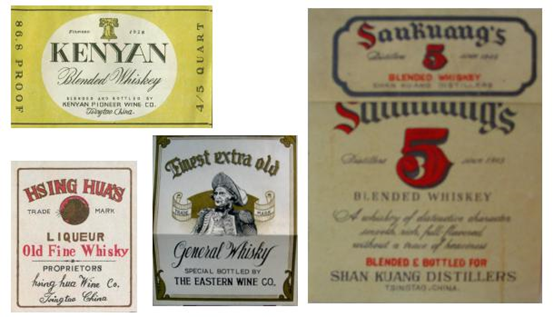
Fast-forward to the 1980s and whisky was being crafted all across the country in place like Beijing, Jilin, Shandong, and Guangdong. They had some pretty amazing names too, like 5-Goat Whisky and Panda Whisky. Heck, even Moutai (China’s best-known producer of baijiu, the ‘nation’s drink’ and world’s most valuable spirits brand) hopped on the maltwagon with their own brand of whisky in the 1990s. But none of these ever really took off, which left space for imported whiskies to find root and flourish.

Exponential growth over the last 20 years has enticed all of the big names in whisky to invest mountains of cash in China, which is predicted by most industry analysts to soon become one of the top whisky markets in the world, both in terms of volume and value. Scotch whisky exports to China have exploded to £107 million in 2020, an increase of 20.4% over 2019, catapulting China into the top 10 international markets for scotch. In fact, it’s the only international scotch market to have grown in 2020.
Which brings us back to the question. Why not China? There’s plenty of enthusiasm. The demand is there. So why isn’t mainland China making its own world-class whisky right now? What are the specific challenges it faces, and why haven’t any entrepreneurial boozehounds swept in to put China on the whisky map?
What’s in a name? … A lot, actually
From grain to glass, we broke down the whisky production process step-by-step. Basic inputs of grain, water, and yeast? China’s got all of those. Nice, high-quality natural resources? Check. Hundreds of years of distillation history… there’s another check. Marketing and distribution present some unique challenges in a country this big, but still, it’s all doable.
So where’s the stumbling block? Ultimately, the only barrier we could really come up with was public perception of quality.
‘Scotch’ is a brand in its own right. The name conjures images of time-honoured craft, where old men with impressive beards draw pristine water from mountain springs.
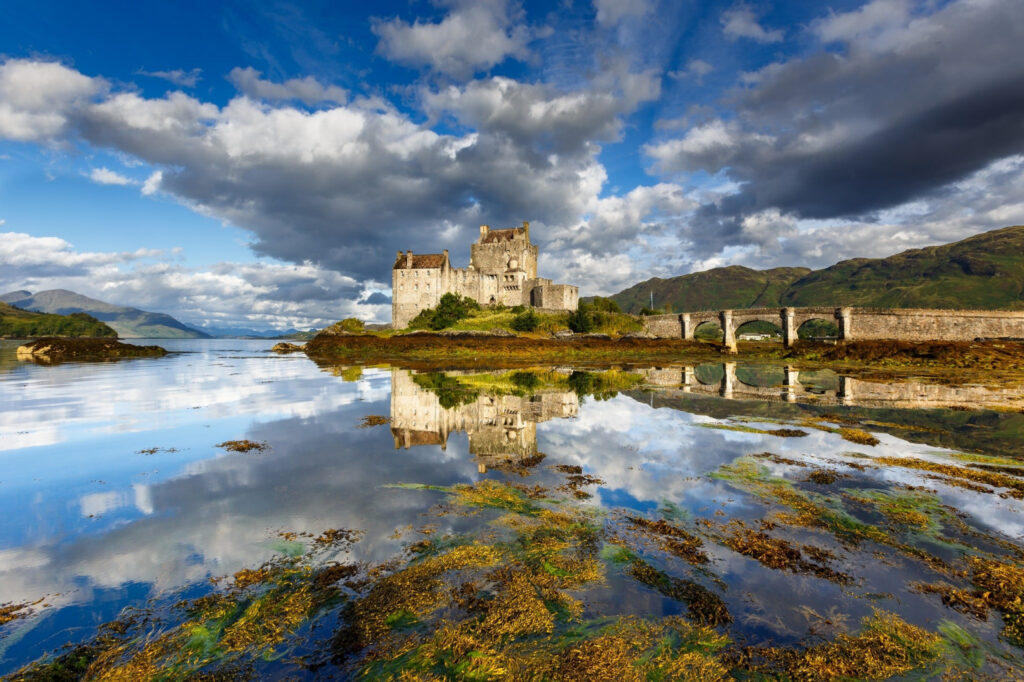
Where maltmen in aprons spread locally grown barley along the distillery floor, and yeast cultures unique to the local micro-environment are carefully added to decades-old wooden washbacks. It brings to mind bulbous copper stills, master distillers, and smouldering peat fires. All in a single word.
Chinese whisky just doesn’t have the same depth of associations. Sadly, and probably down to the abundance of cheap, local product that’s called whisky but doesn’t meet scotch standards, it’s the complete opposite. From our experience, most whisky enthusiasts in China – locals and foreigners alike – wouldn’t even consider trying a Chinese whisky.
Just as your favourite local dish from your hometown isn’t as appealing when you have it somewhere else, often the thought of whisky from anywhere other than Scotland is unappealing to many whisky lovers.
But the fact of the matter is, world-class whisky can be made almost anywhere – just look at countries like the USA, Ireland, Australia, New Zealand, France, Belgium, Israel and India. Not only are they all crafting exceptional whisky, but they’re also challenging scotch across every category in all of the big international awards competitions.
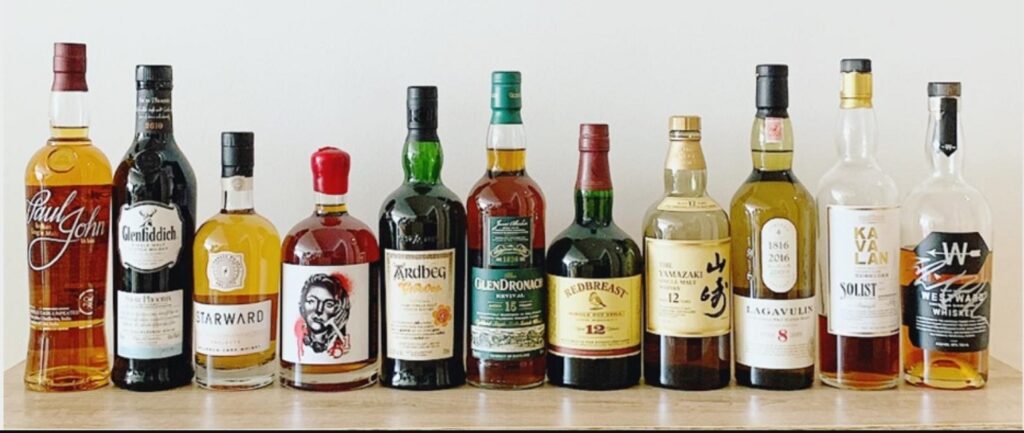
So it’s simply a perception problem, because the craft, resources, and environmental factors that go in to producing whisky aren’t unique to Scotland alone. In fact, 80% of the whisky produced in Scotland (grain whisky) that’s used as a bulk component of blended scotch comes from one of seven major distilleries – and they’re about as far from picturesque visions of hand-crafted, old-world whisky as you can possibly get.
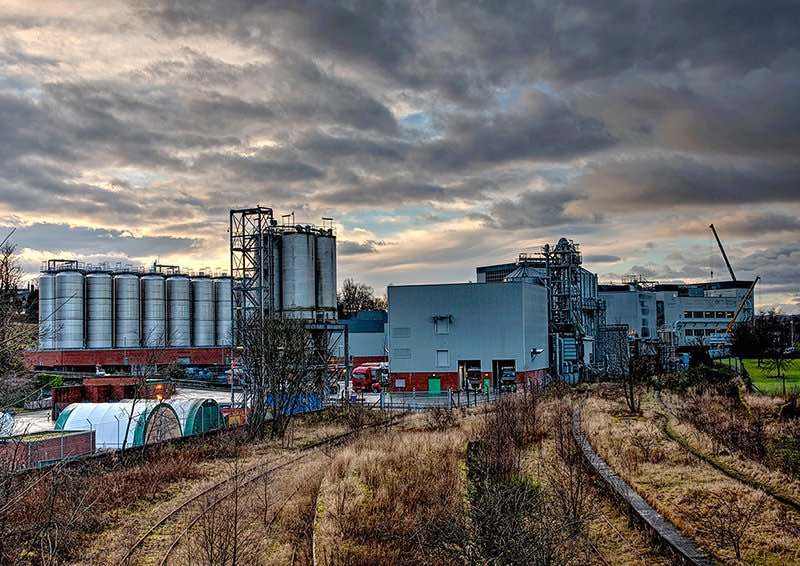
We’re talking massive industrial installations that look more like oil refineries, and that distill their artisanal drams with pretty much the same process that’s used to separate petroleum from crude oil. Not even joking.
But in the end, on top of quality itself, perception of quality matters too. And that fateful night at our whisky social, as we kept drinking to the point that bad ideas started sounding like really good ideas, we came to the sober conclusion that perception is perhaps the biggest challenge that whisky producers in China would have to overcome if they hope to make a name for themselves in the international market.
It’s certainly doable. The perception challenge has been met and overcome repeatedly in numerous far-flung locations outside of Scotland. Just not in China… yet.
Challenge accepted
We rose to the challenge together. We went from ‘why not’ to ‘what if’ to ‘when and how’. And now we’re opening our own distillery. We’ve got dozens of different nationalities at the table, each of which has brought new ideas, perspectives and expectations to what eventually grew into Nine Rivers Distillery.
We’re well aware of the challenges that we face in terms of perception. And we’re completely aware of why these perceptions exist. But we’re here to change those. We’ve got the knowledge and the craft, and the love of quality that will win through in the end.
Going forward, total transparency into our production processes will be top priority to assure consumers that our products are crafted with quality. Even our architecture itself is designed to be open, with mezzanine platforms that give elevated vantage points for visitors to see for themselves what we do and how we do it at each stage of production.
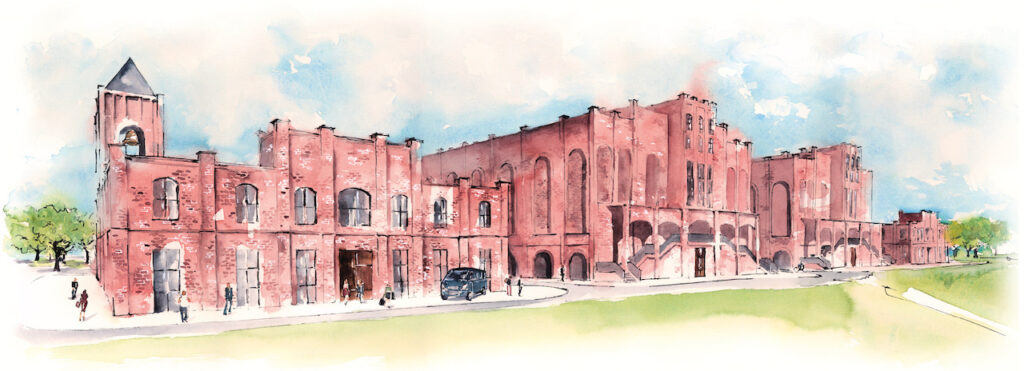
We aren’t stopping there. Whisky is also an art, and we’re keen on producing fine flavours that excite the palates of even the most diehard scotch snobs. Nine Rivers Distillery is a grassroots outfit with more than 100 investors who are actively involved in the business. That means we’ve got a rich pool of taste testers holding our feet to the fire to make something that they themselves love to drink and share.
We’re expanding fast. And over the next year, as we break ground on the distillery and our late-night chats finally manifest into something real, we hope to see that pool of testers and advocates double.
Our end goal is to give our customers the confidence that what we craft is not only authentic, but as enjoyable as any fancily branded scotch could ever hope to be. The only difference? We’re doing it in China.
This is Part One in a series detailing the story of Nine Rivers Distillery. CLICK HERE for Part Two
Would You Like To Read More?
If you enjoyed reading this, and you would like to catch up with some of our past articles, then please CLICK HERE and go to our News Section, where most of our other content is published.
Follow Us
If you have enjoyed reading this and want to learn more about Nine Rivers Distillery, then use the QR Code below to follow our WeChat Official Account.

Alternatively, if you prefer Linked In then you can CLICK HERE to follow us.
Facebook users, you can CLICK HERE.